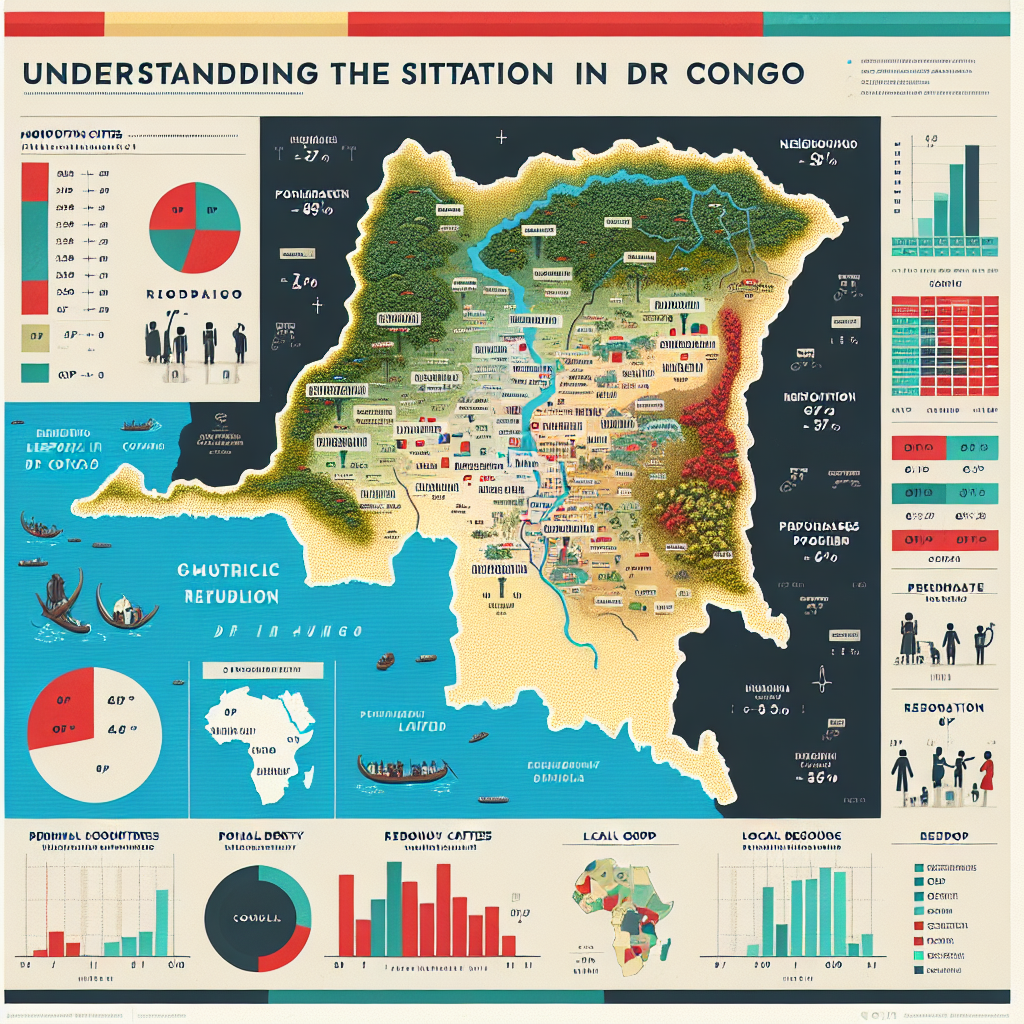Understanding the Situation in DR Congo | Start Here
Understanding the Situation in DR Congo
Background of the Crisis
The Democratic Republic of Congo (DR Congo) is grappling with a complex crisis characterized by political instability, armed conflict, and humanitarian challenges. This situation has deep historical roots and is influenced by various internal and external factors.
Key Drivers of the Conflict
- Ethnic Tensions: Long-standing ethnic rivalries have fueled violence and unrest, particularly in the eastern regions.
- Resource Exploitation: The country’s vast mineral wealth, including cobalt and gold, has been both a blessing and a curse, leading to exploitation and conflict over control.
- Political Instability: Weak governance and corruption have exacerbated the crisis, undermining efforts for peace and development.
Humanitarian Impact
The ongoing conflict has had devastating effects on the civilian population, leading to a dire humanitarian situation:
- Displacement: Millions have been displaced, both internally and as refugees in neighboring countries.
- Food Insecurity: Conflict and displacement have disrupted agriculture, leading to widespread hunger and malnutrition.
- Health Crisis: Limited access to healthcare has resulted in outbreaks of diseases such as Ebola and measles.
International Response
The international community has been actively involved in addressing the crisis in DR Congo through various means:
- Peacekeeping Missions: The United Nations has deployed peacekeeping forces to stabilize the region and protect civilians.
- Humanitarian Aid: Numerous organizations are providing essential aid, including food, medical supplies, and shelter.
- Diplomatic Efforts: Regional and global powers are engaged in diplomatic initiatives to foster dialogue and peace agreements.
Path Forward
Resolving the crisis in DR Congo requires a multifaceted approach:
- Strengthening Governance: Building robust institutions and promoting transparency are crucial for long-term stability.
- Inclusive Dialogue: Engaging all stakeholders, including marginalized groups, in peace talks is essential for sustainable peace.
- Economic Development: Leveraging the country’s resources for equitable development can help alleviate poverty and reduce conflict.
Conclusion
The situation in DR Congo is a complex interplay of historical, political, and economic factors. Addressing this crisis requires coordinated efforts from both local and international actors to ensure peace, stability, and prosperity for the Congolese people. By focusing on governance, dialogue, and development, there is hope for a brighter future in the region.






































